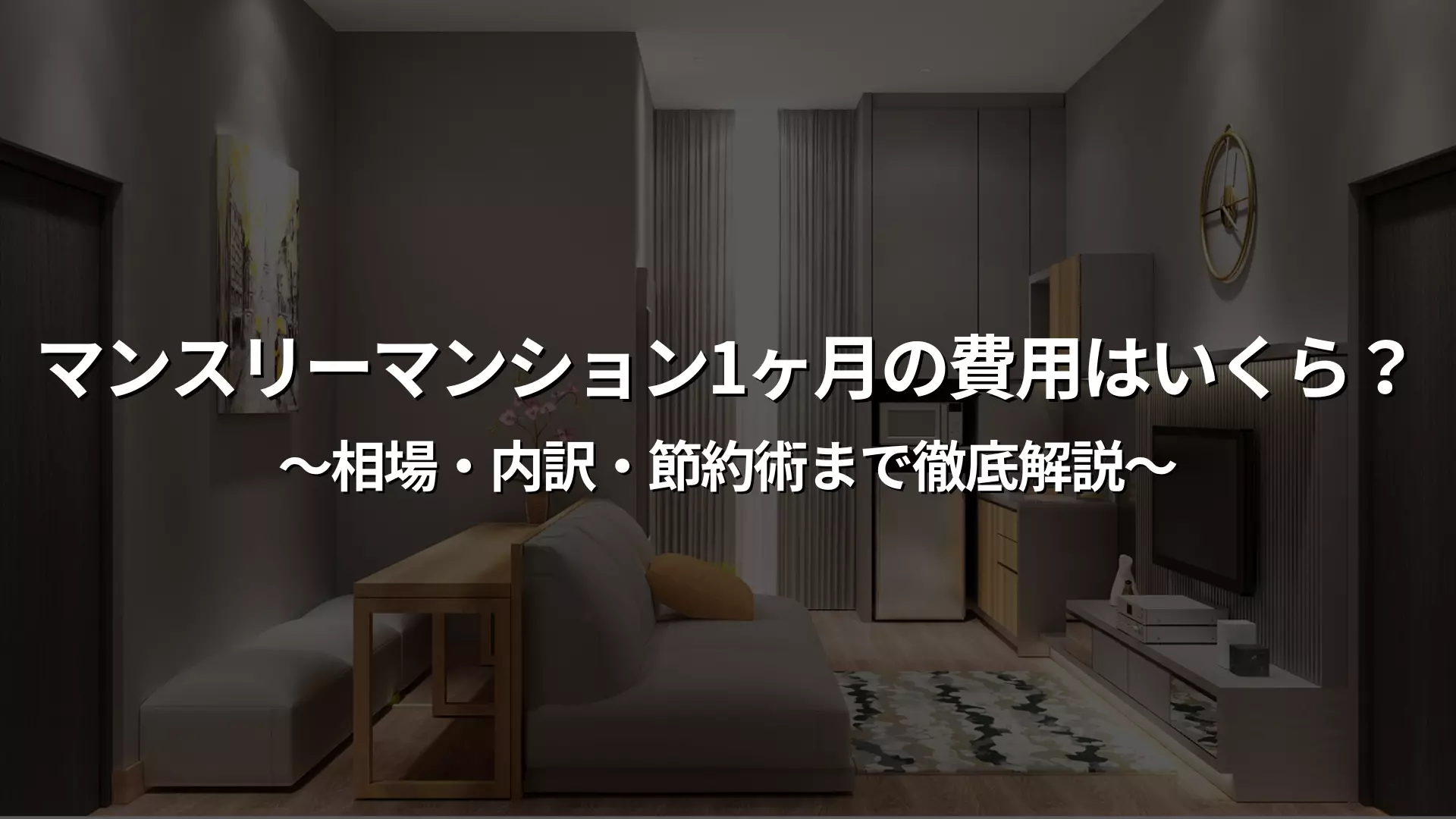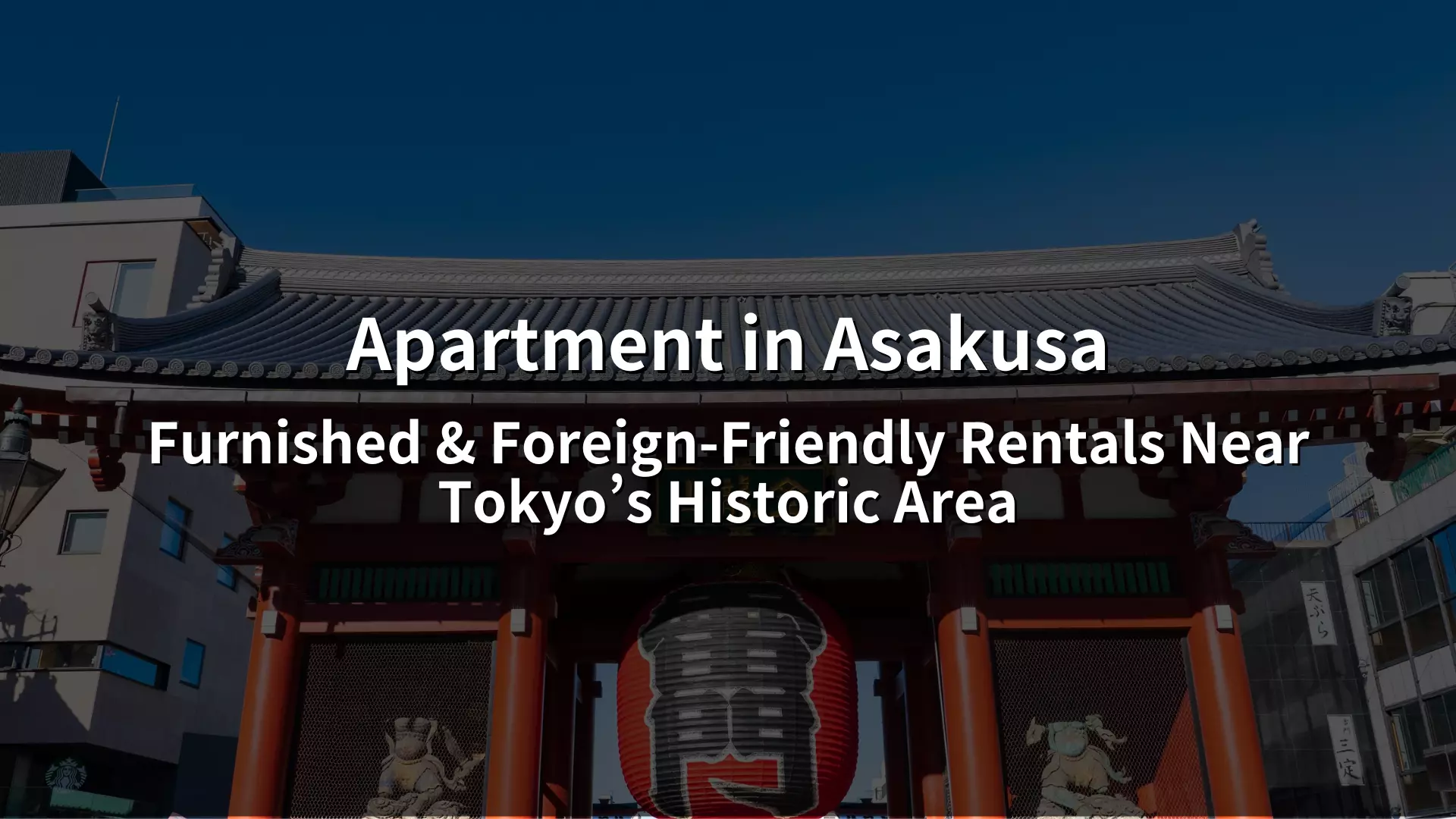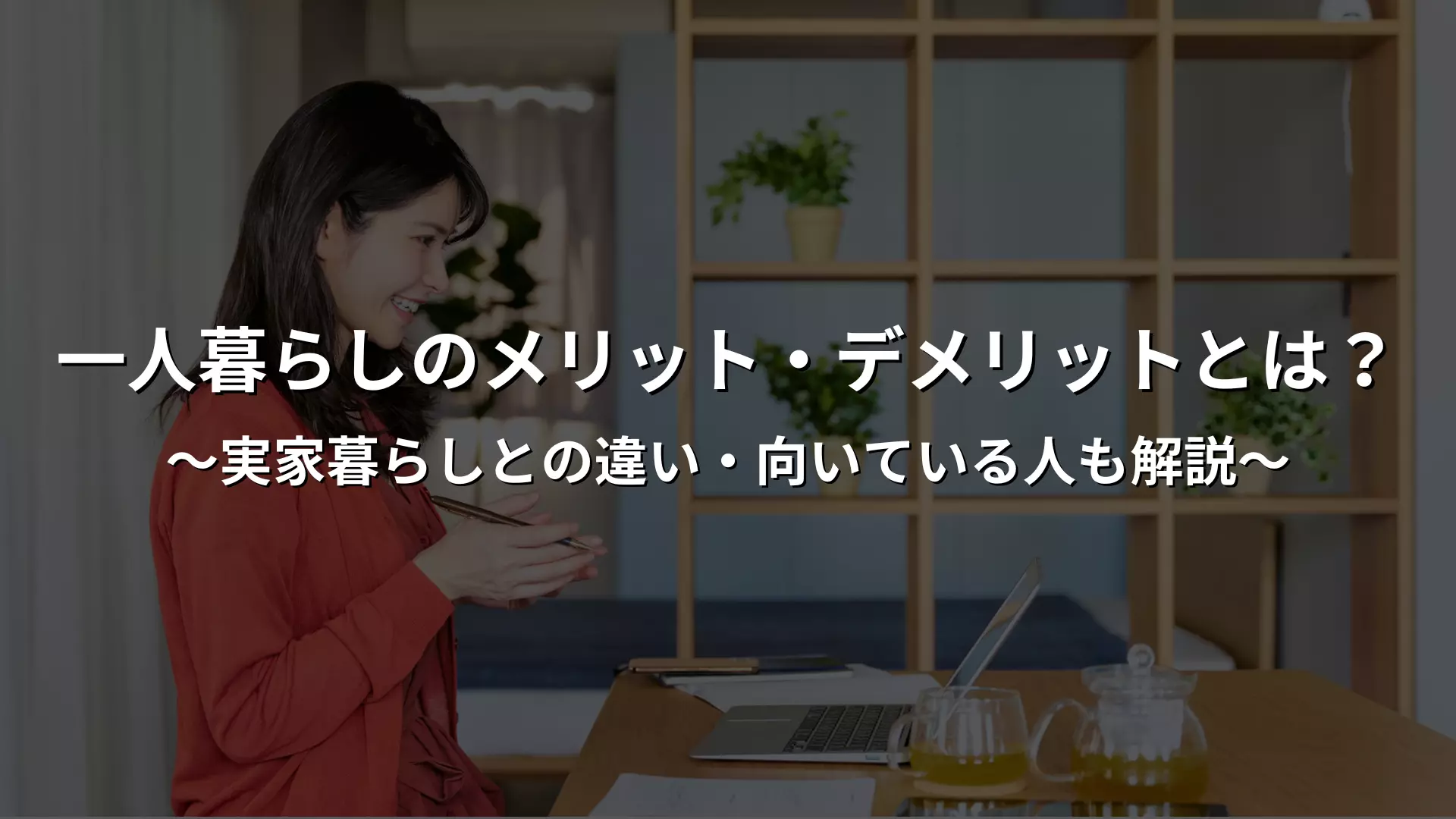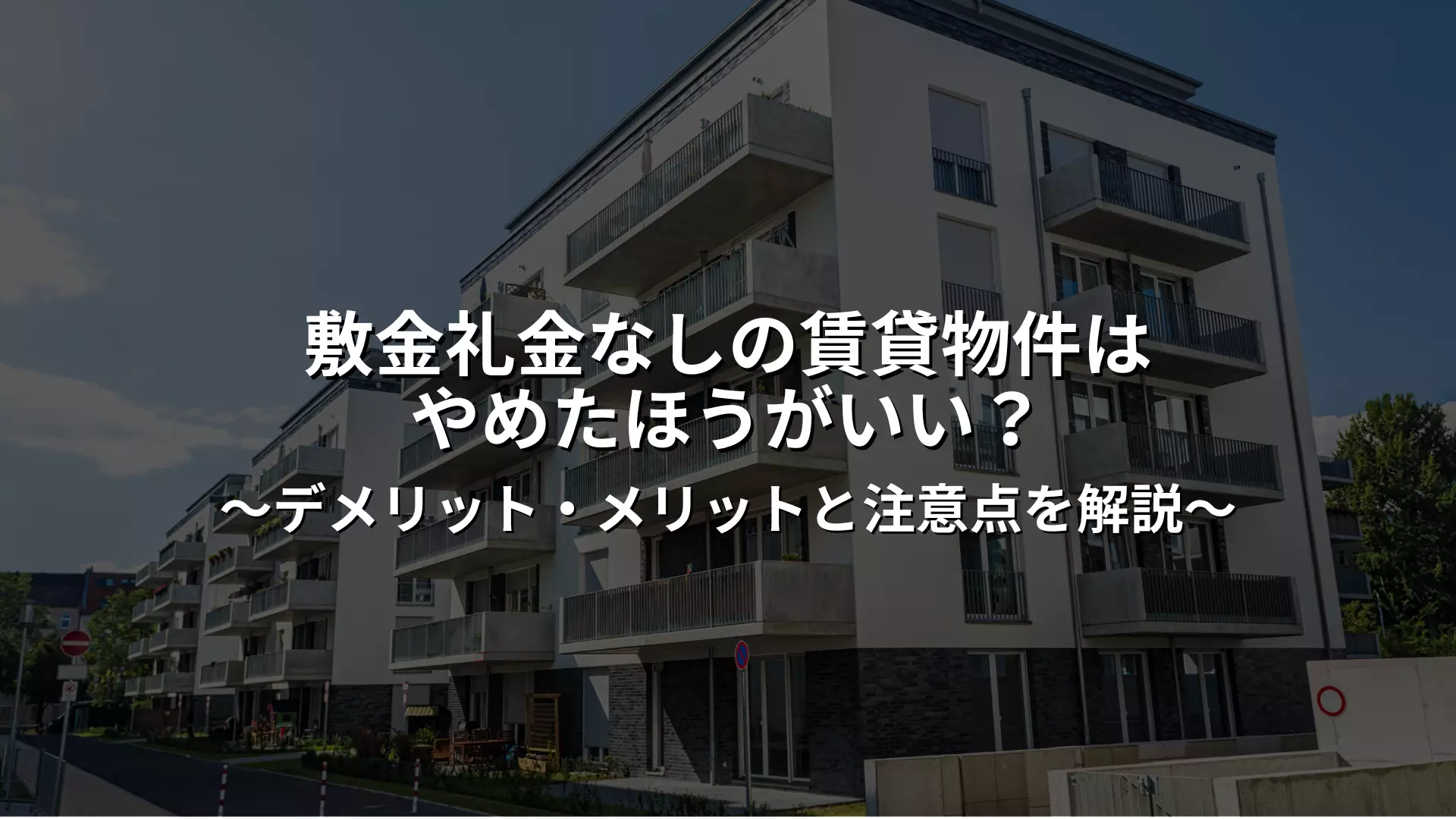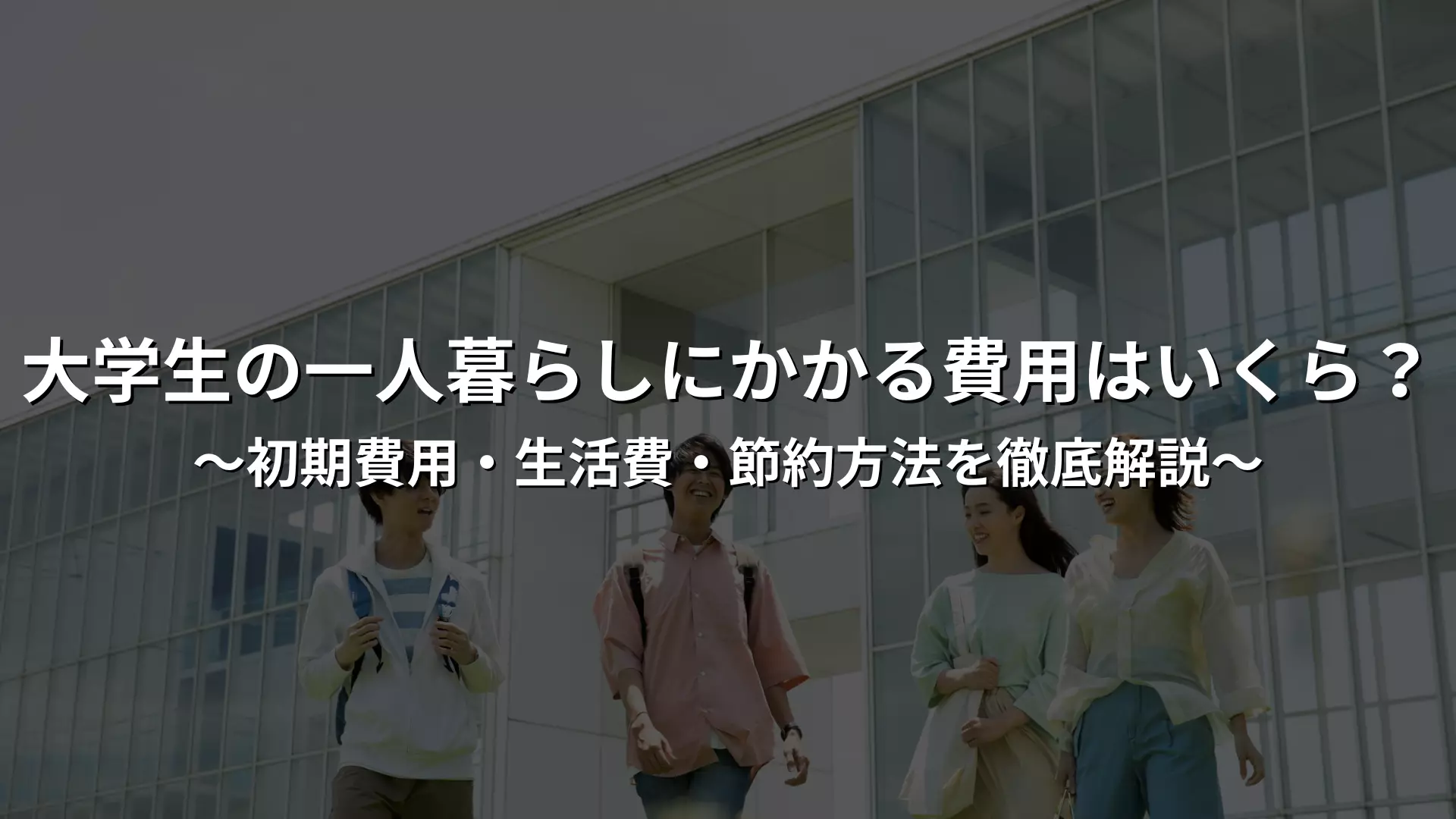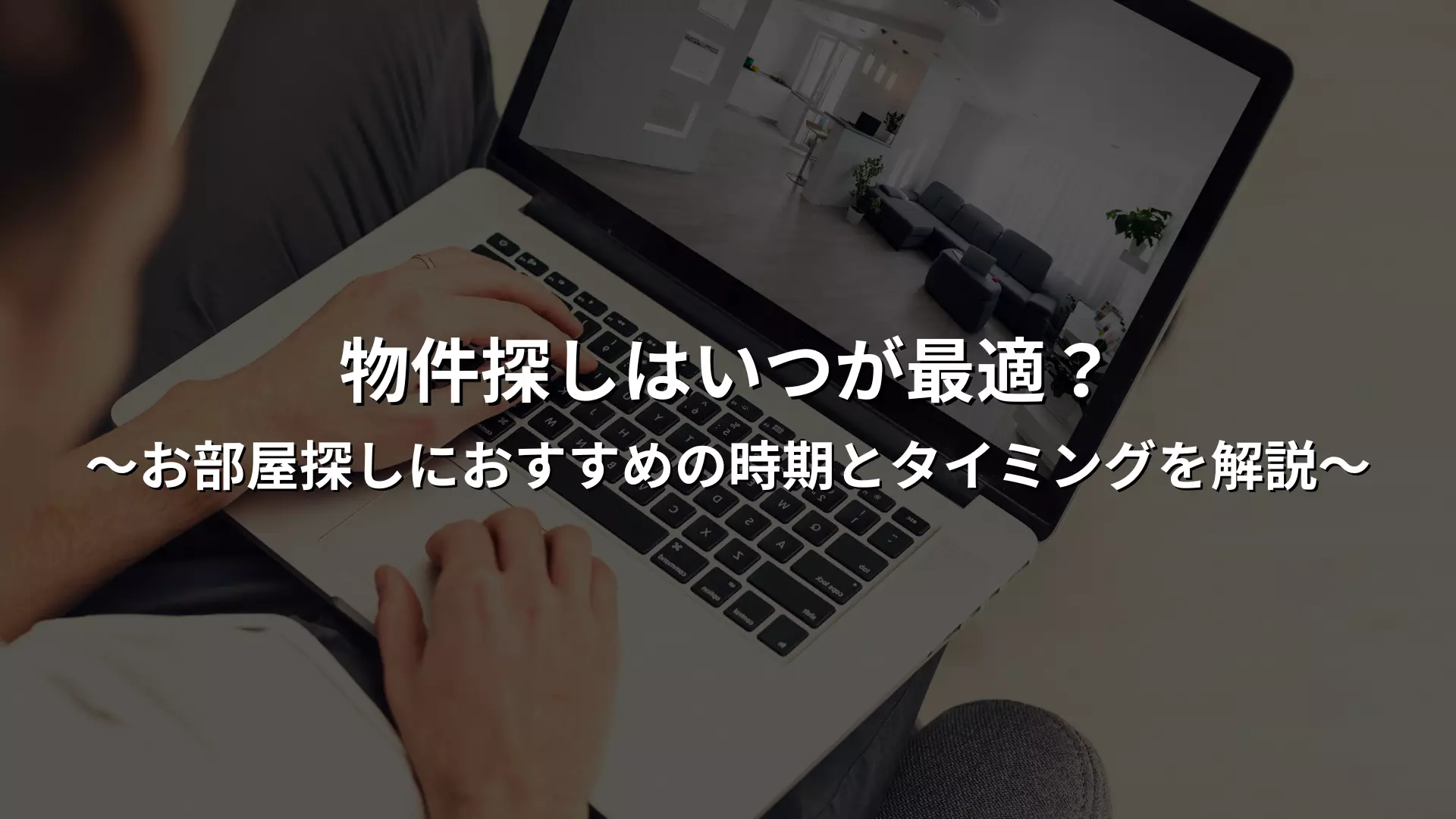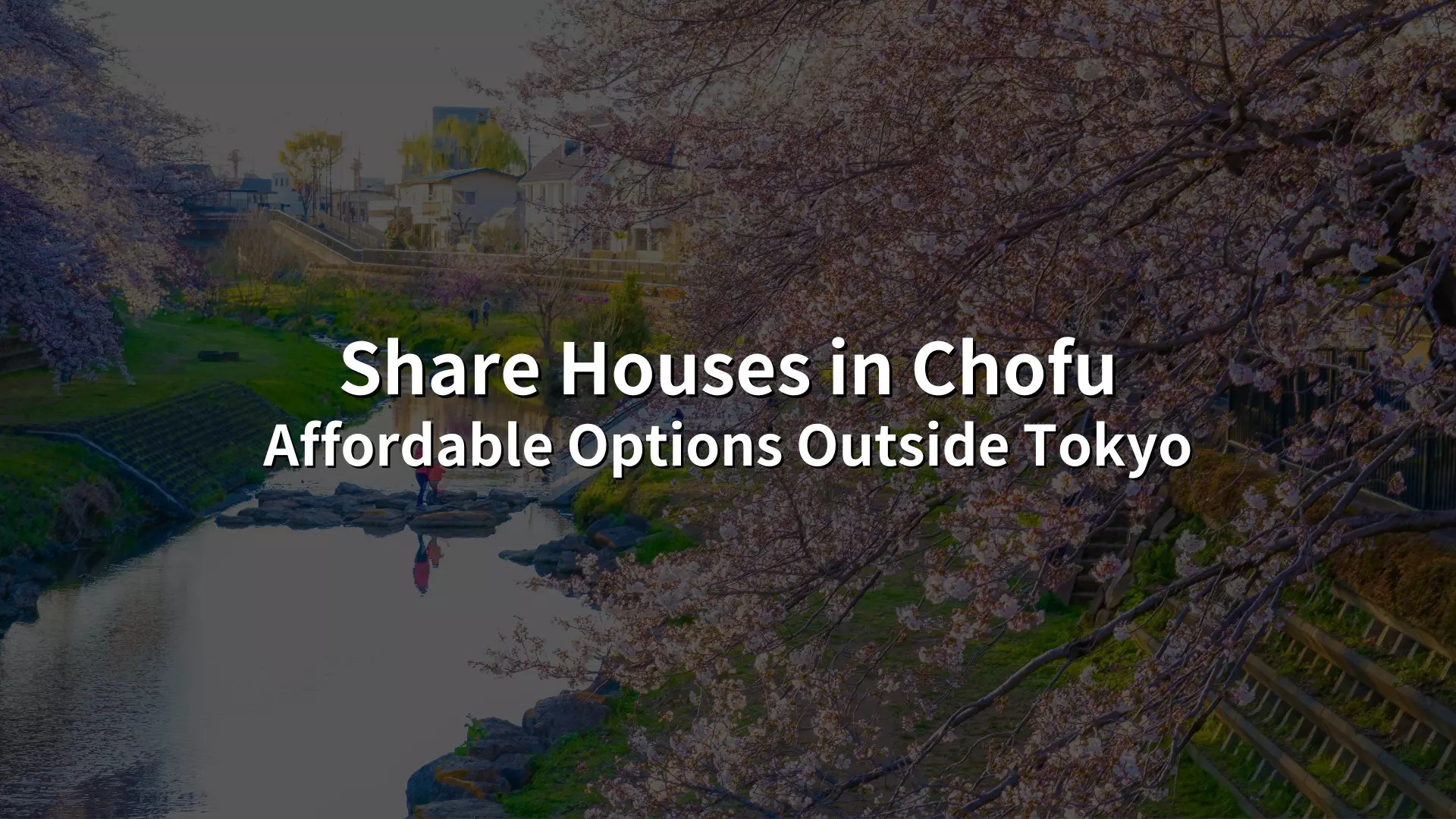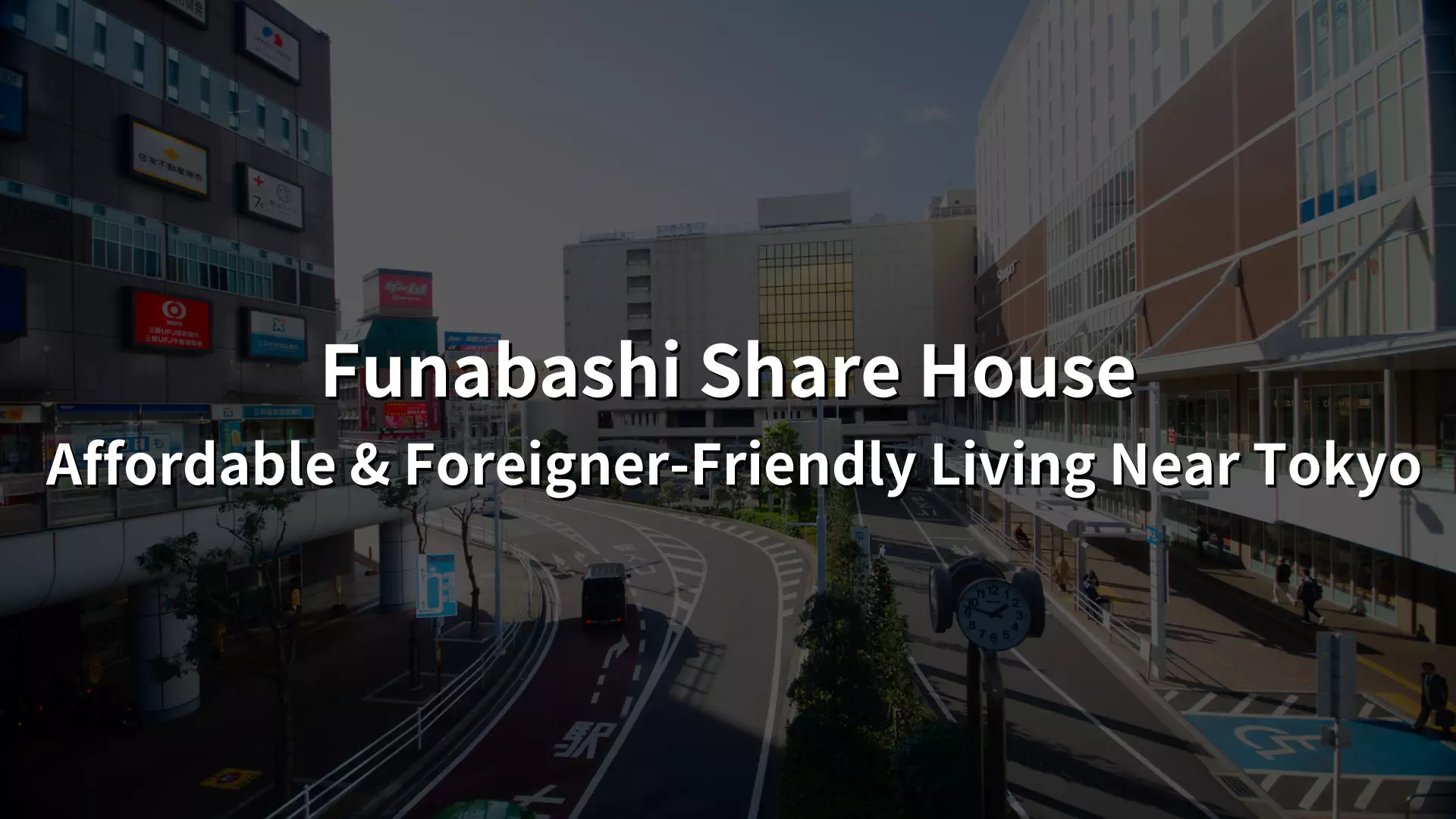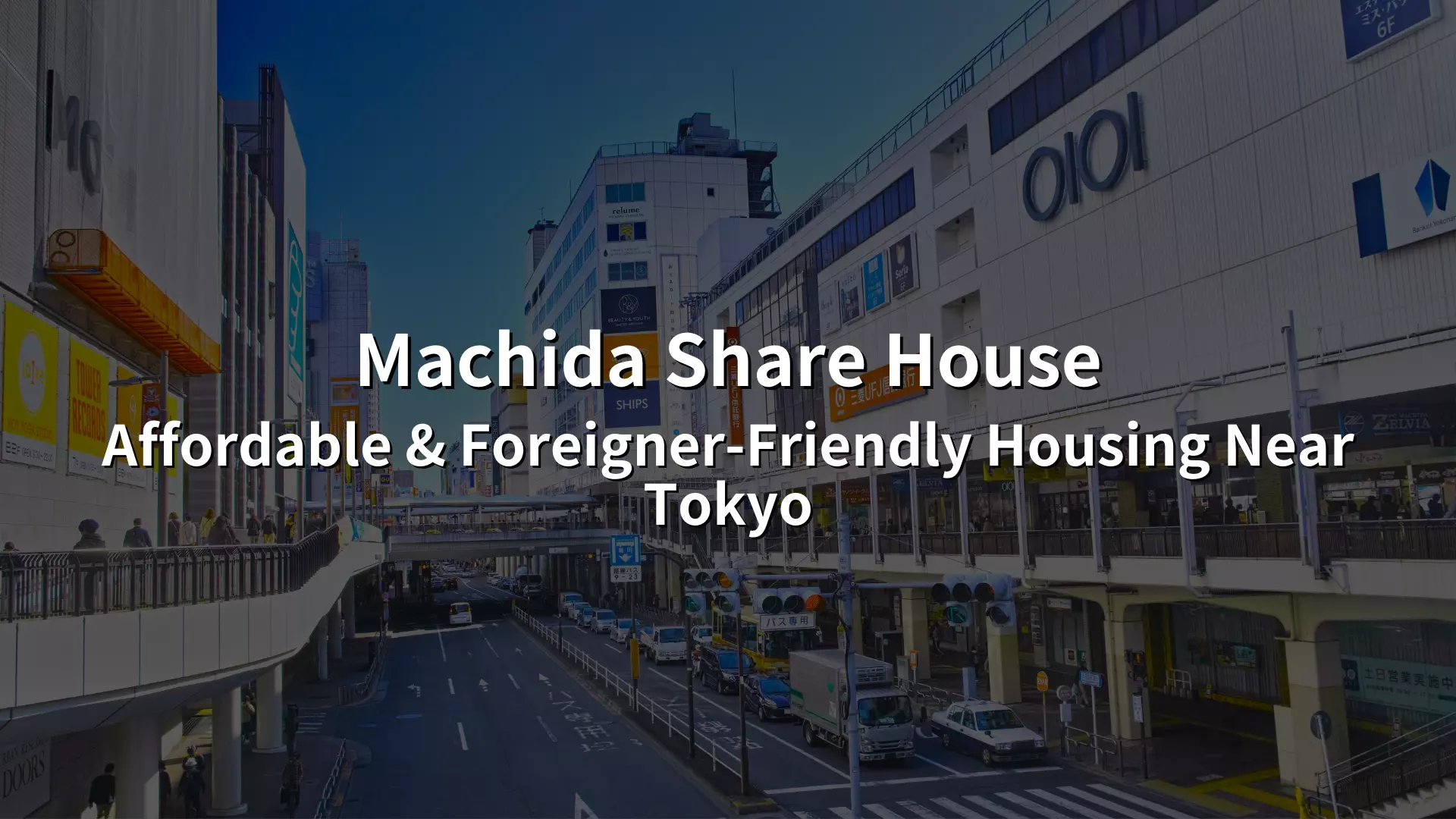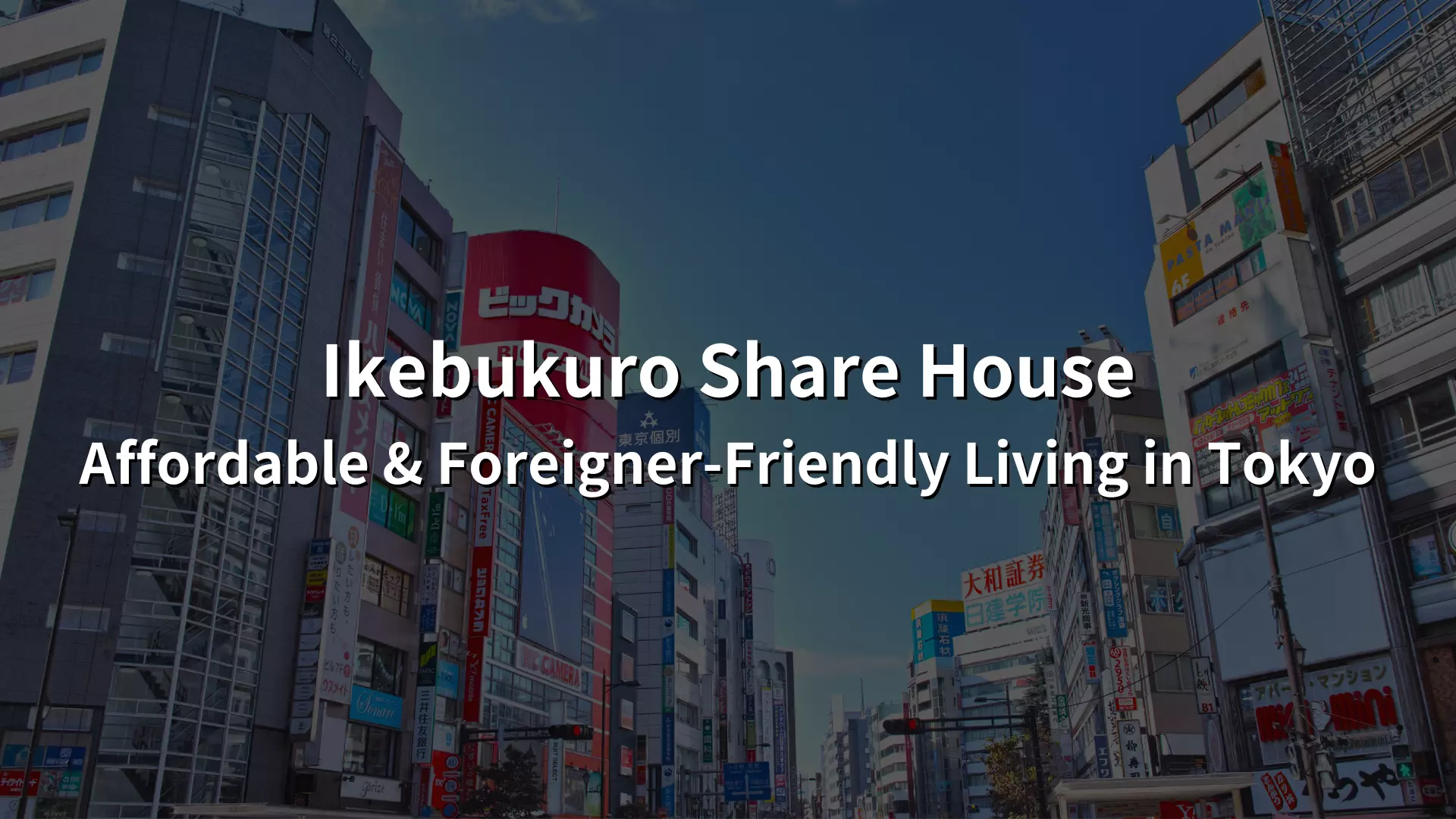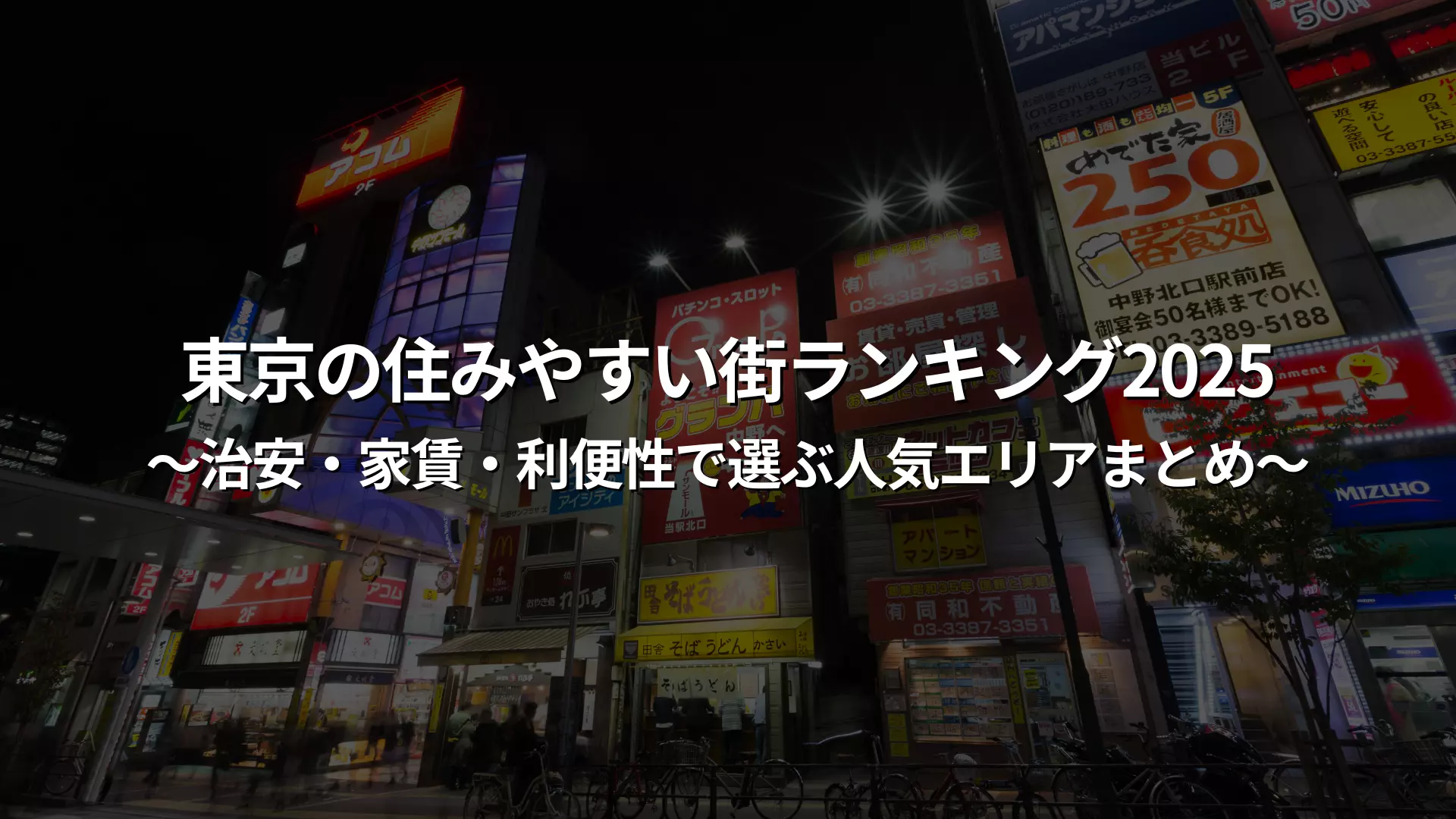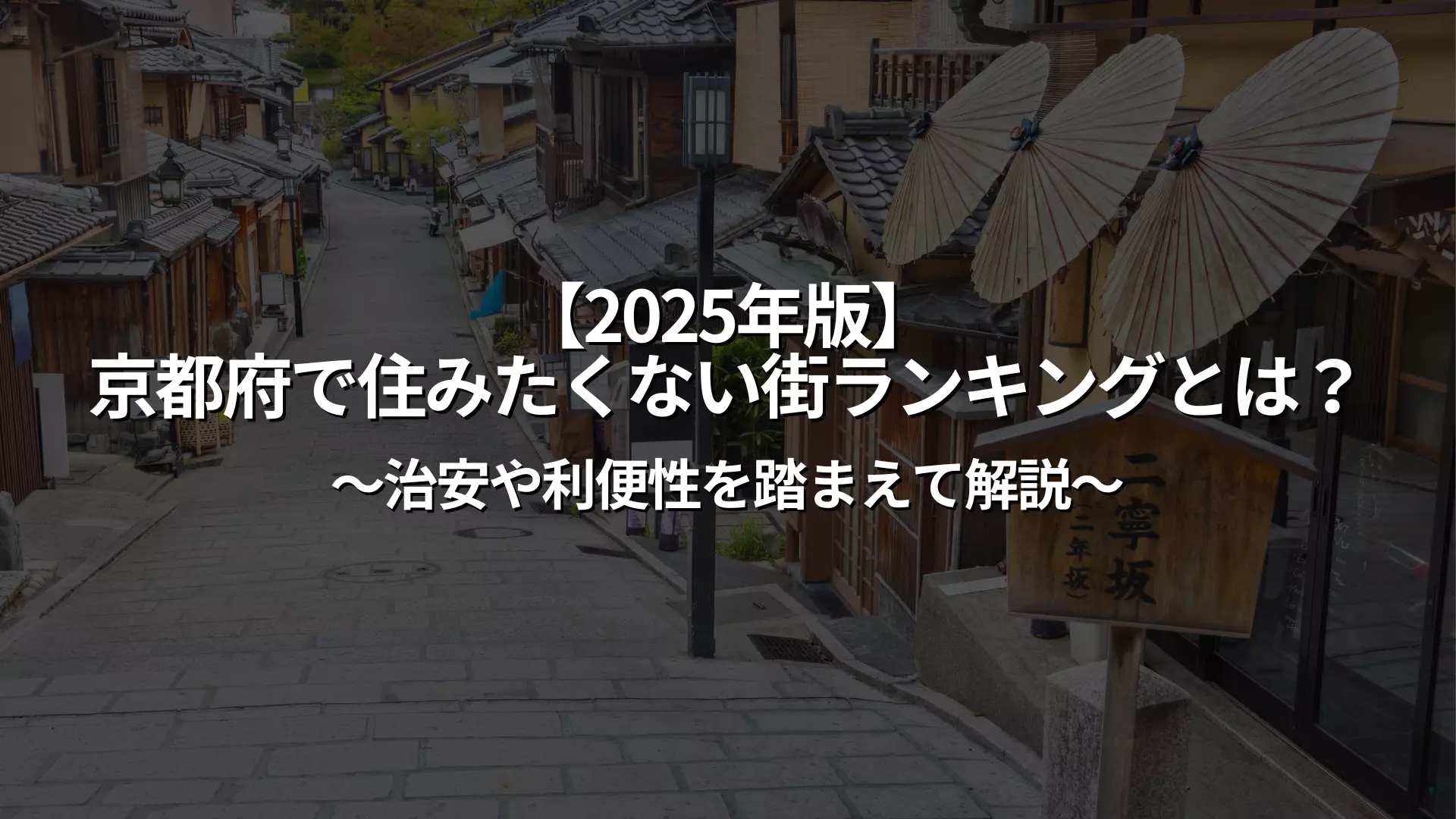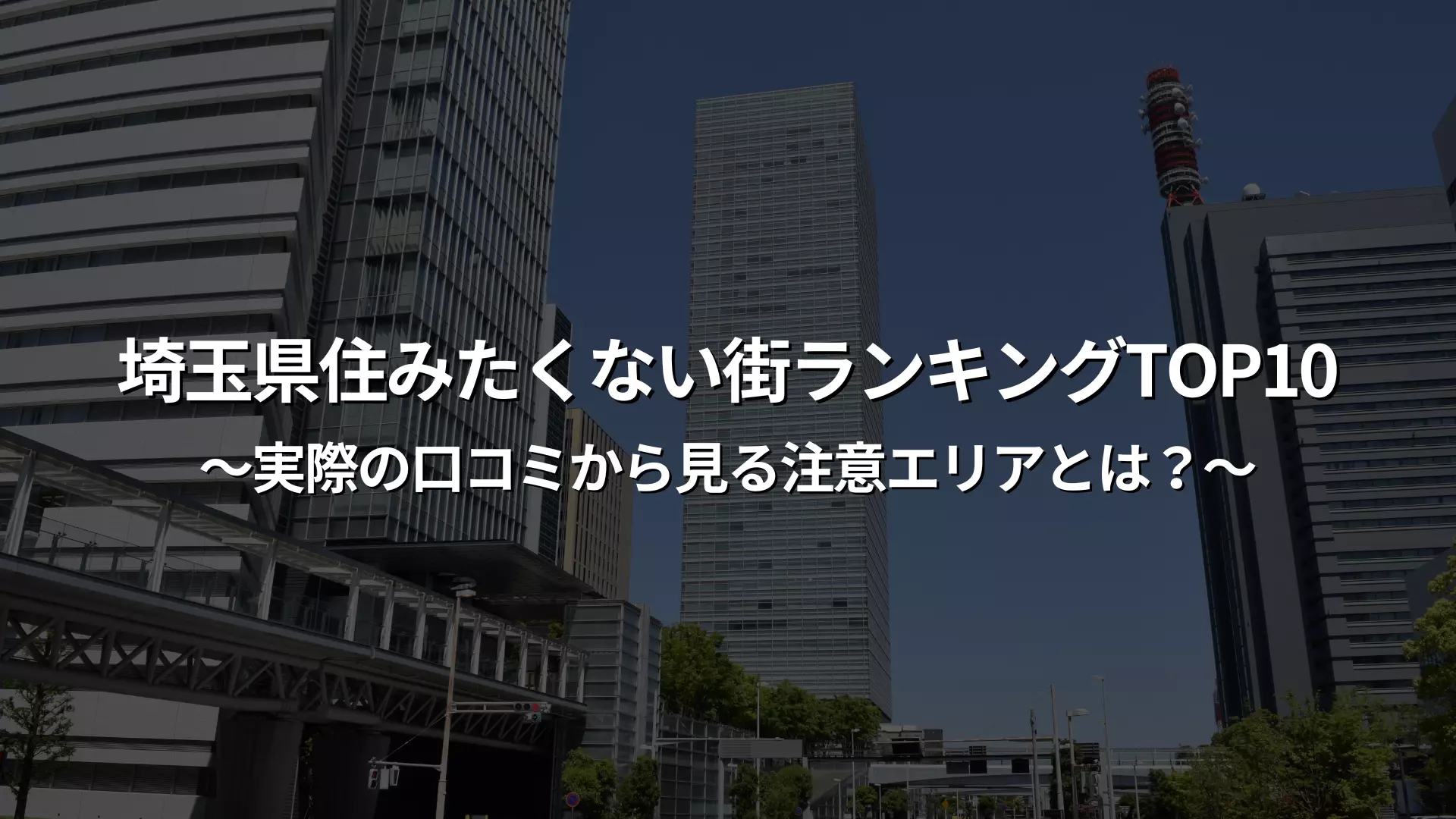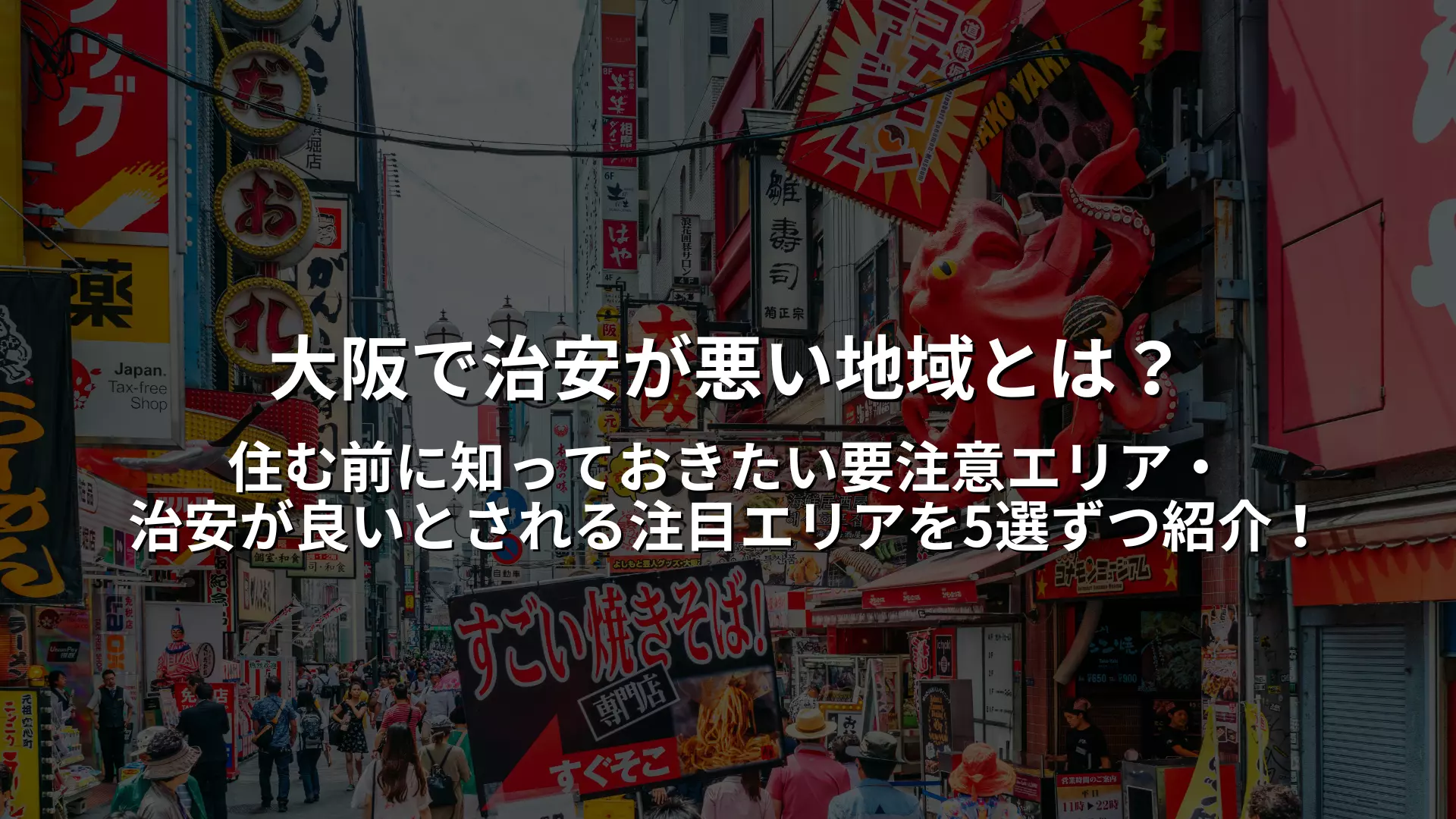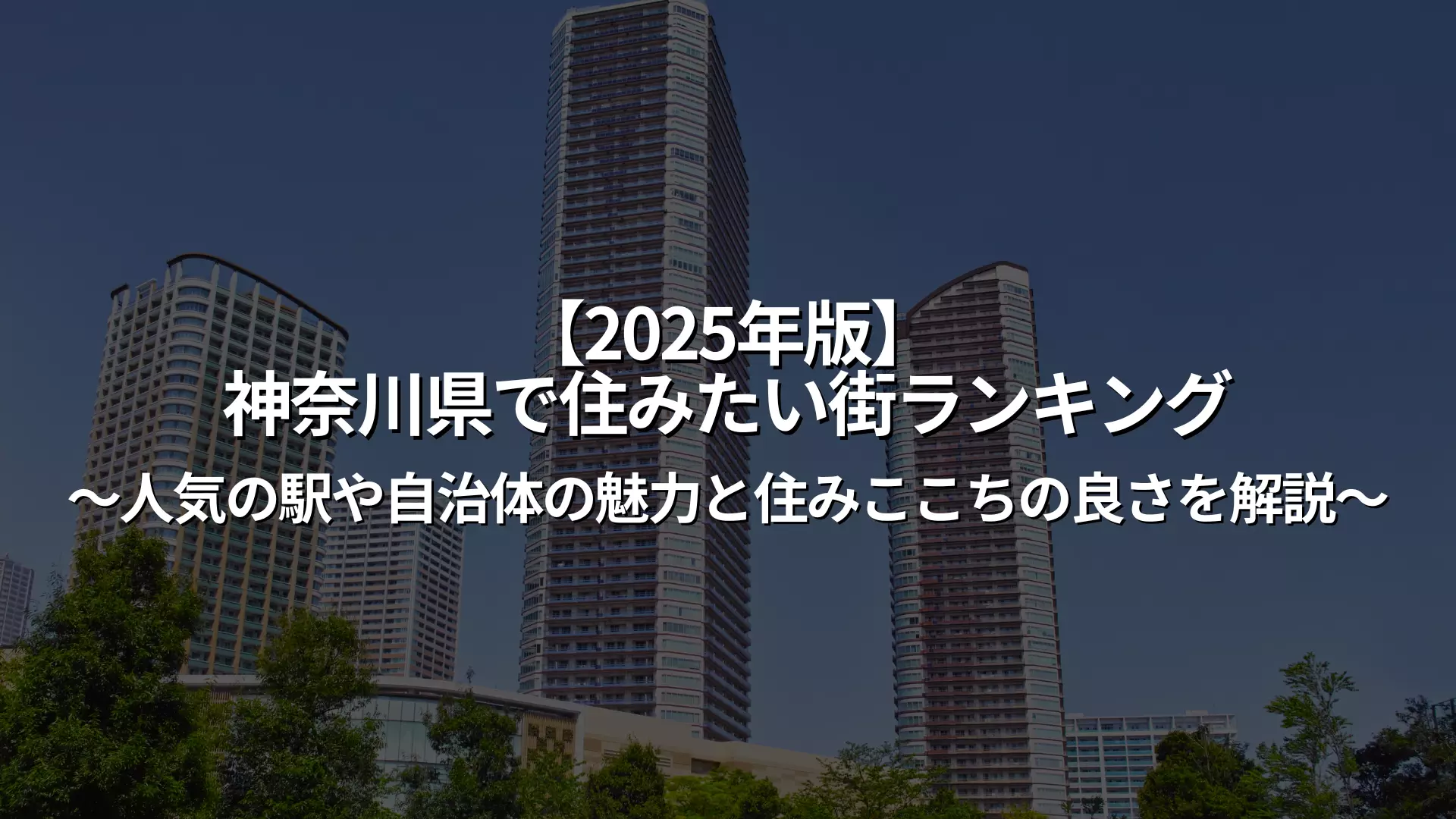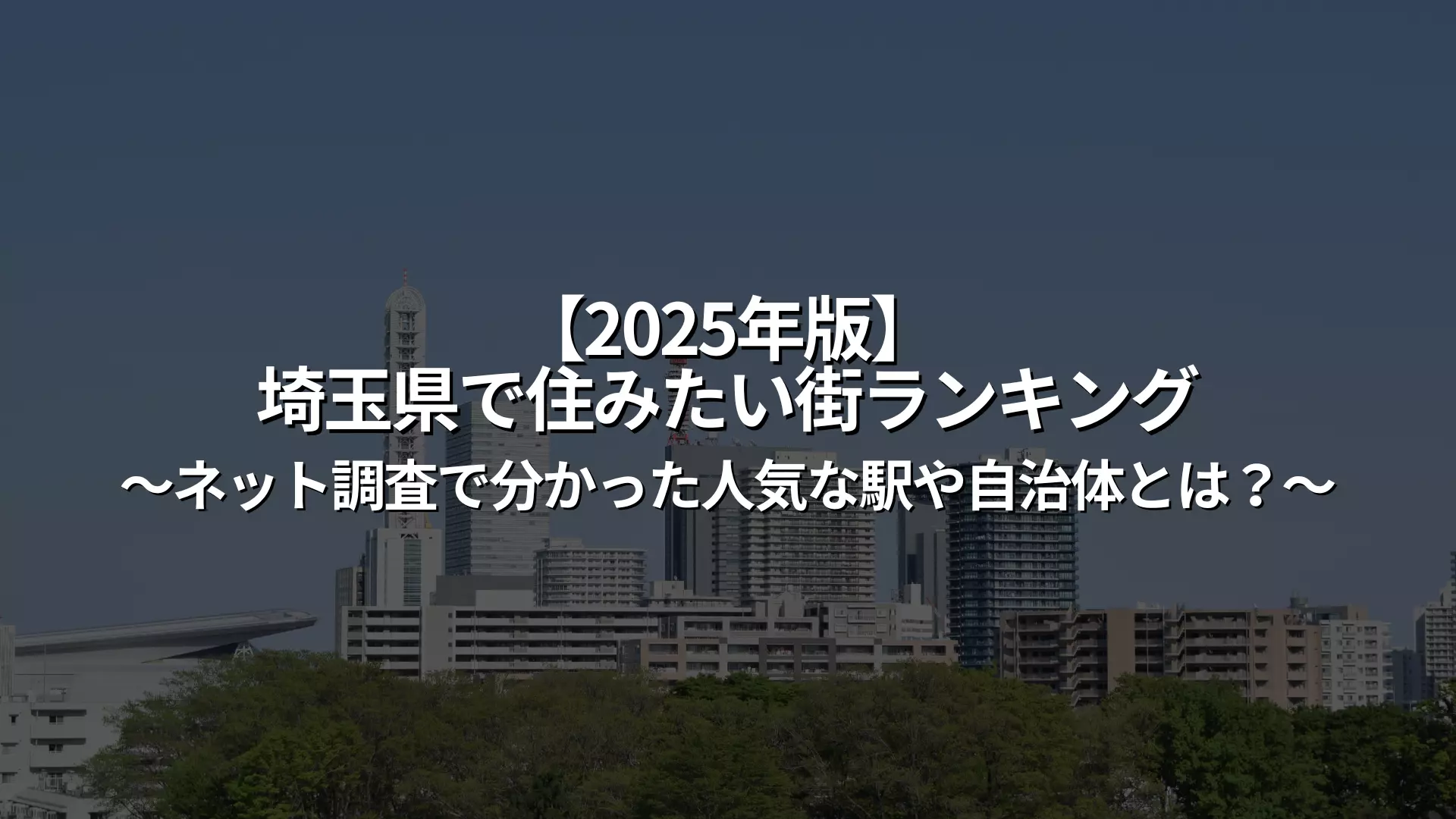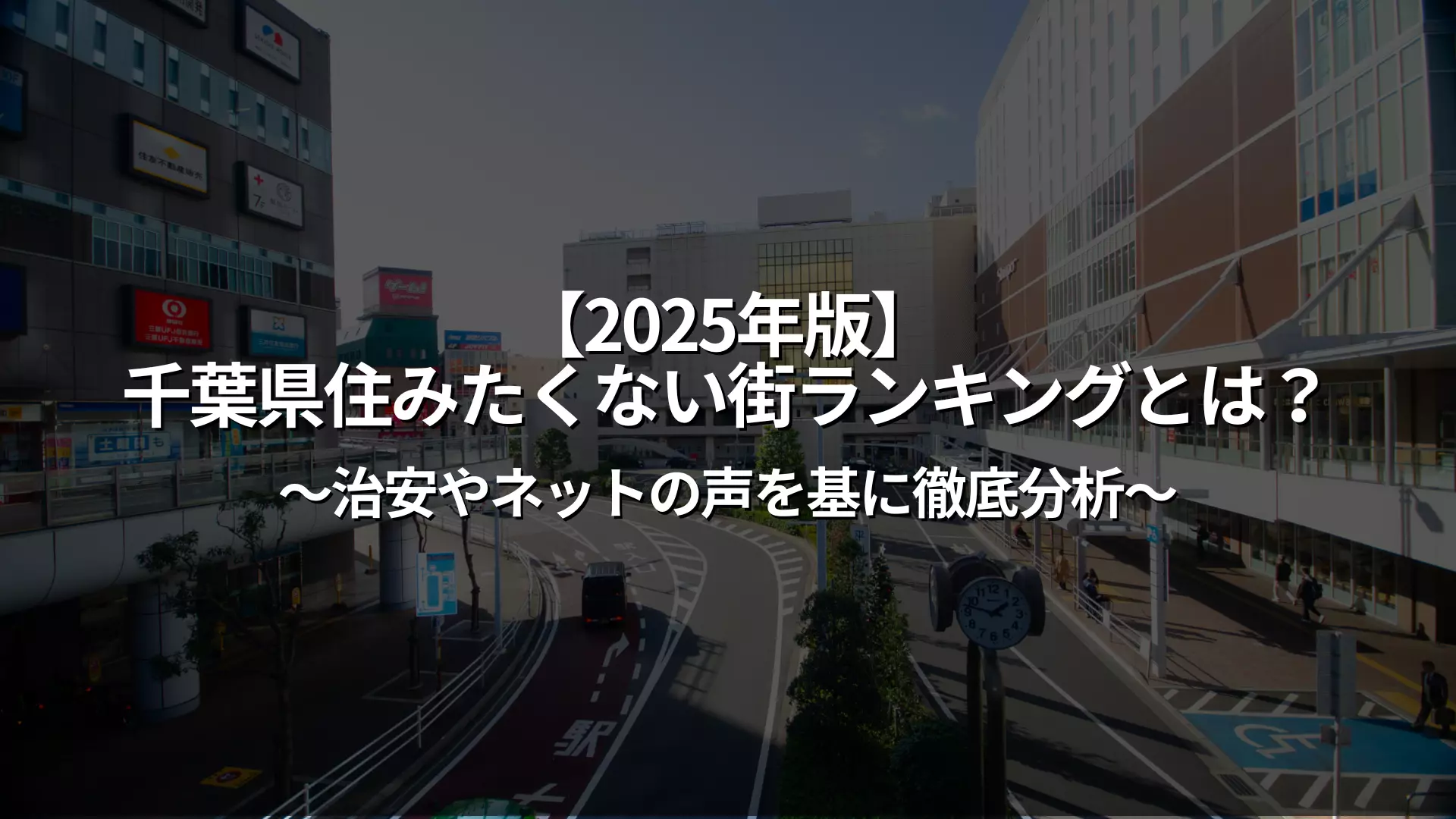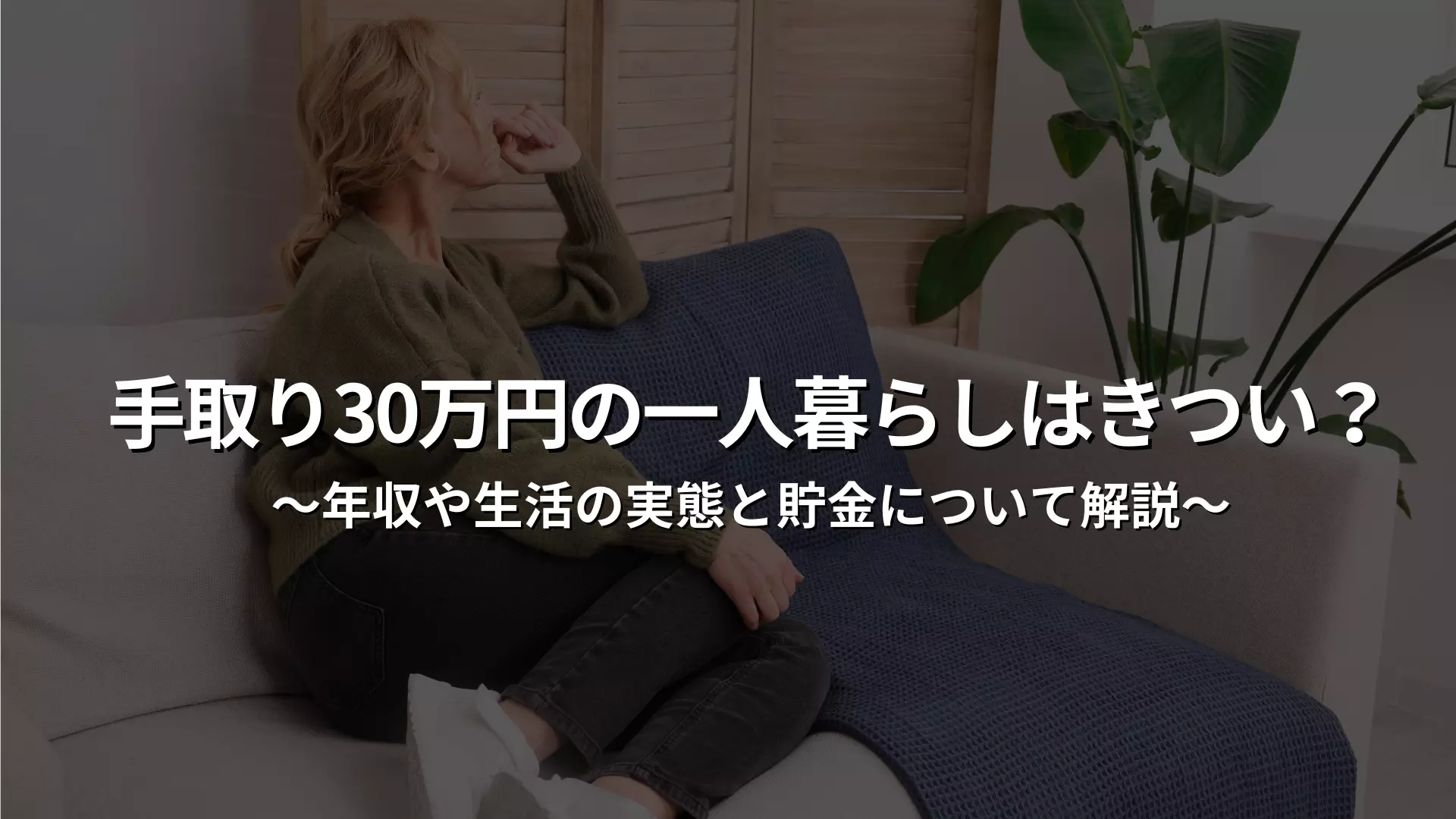What are monthly apartments that you can move into for one month?
Monthly apartments, which can be rented on a monthly basis, are gaining attention as a suitable option for short-term moves, business trips, and temporary housing. Unlike regular rental housing, there is no deposit or key money required, and the apartment comes fully furnished with furniture and appliances, making it easy to move in while keeping initial costs low.
Below, we will explain in detail the differences between weekly apartments and hotels, when one-month contracts are appropriate, and the key contract conditions.
Differences from Monthly/Weekly Hotels
Monthly apartments are generally rentals that are intended for use for a month or more, and are characterized by a "flat-rate package" that includes furniture, appliances, and utility fees. On the other hand, weekly apartments are intended for short-term use of a few days to a few weeks and tend to be more expensive. Also, while hotels charge per night and include cleaning and services, it is important to note that costs can add up for longer stays.
If you have a clear plan for your stay (one month), a monthly apartment is the best choice, as it offers a good balance between cost-effectiveness and facilities.
Who is the 1-month contract suitable for?
A one-month contract for a monthly apartment is
- "People who need temporary housing due to job change or transfer"
- "People who want a temporary place to live while their parents' house is being renovated"
- It is recommended for people who want to secure a base for long-term travel or workation.
They are also ideal for temporary stays before entering university, or as a stopgap period until moving into a shared house. Even in situations where a regular rental contract would be problematic due to the contract period and screening process, monthly apartments can be easily lived in on a month-to-month basis, making them flexible for a variety of lifestyles.
Characteristics of contract type and tenancy conditions
Unlike regular rentals, monthly apartment contracts are often similar to "fixed-term rental contracts" or "accommodation contracts," and the screening process is relatively simple. In many cases, you don't need a guarantor and can sign the contract with just identification documents, making it convenient for those who need to find a place to live in a hurry.
However, you should be aware that there are differences in conditions for each property, such as properties that require a corporate contract or parental consent for those under the age of 20. In some cases, the contract can be extended after it expires, so it is important to check in advance whether the contract terms are flexible.
Average cost of a monthly apartment
When you are thinking about renting a monthly apartment for just one month, you may be concerned about the difference in fees depending on the area. Even if the layout is the same, there can be a big difference in price between a property near a station in the city center and an older property in the suburbs. In addition, there are many cases where the "flat rate" system includes utility fees and cleaning fees, so it is important to understand the cost system for each property.
Here we will introduce in detail the market price guidelines for major cities and regional areas, as well as price differences depending on factors such as location and age of the building.
Price guide for major cities such as Tokyo and Osaka
In major metropolitan areas such as Tokyo and Osaka, the average monthly rate for a monthly apartment is around 100,000 to 150,000 yen. Most of the apartments are one-room to one-kitchen rooms with furniture and appliances, and plans include utility fees and management fees.
In highly convenient areas such as within Tokyo's 23 wards, along the Yamanote Line, and around Umeda, it is not uncommon for the price to exceed 200,000 yen. On the other hand, in areas slightly further from the city center, there are properties available for around 80,000 yen per month, so you can also make cost-effective choices.
Price example in suburban and regional cities
The average monthly rental fee for a monthly apartment in the suburbs or regional cities is 60,000 to 100,000 yen.
For example, in the suburbs of Saitama, Chiba, and Kanagawa, and in regional cities such as Nagoya and Fukuoka, the same 1K-sized property tends to be available for around 20,000 to 40,000 yen cheaper than in urban areas. Many of the plans include furniture and appliances, and utilities, making it an ideal choice for those who want to keep initial costs down.
If you are looking for a cost-effective place to stay for a business trip, long-term trip, or temporary housing, monthly rental properties in regional areas are very attractive.
Price differences based on location and age of building
The cost of a monthly apartment varies greatly depending on the location and age of the building.
Properties within a 5-minute walk from a station, or close to downtown or business districts, can have a price difference of 1.5 times or more, even if they are the same size. In addition, properties that are newly built and have beautiful interiors are popular, and cleaning and management fees tend to be set somewhat higher.
On the other hand, if you choose a property that is more than 10 minutes' walk from the station and is more than 20 years old, the difference in monthly rent can be several tens of thousands of yen. The key to saving money is to balance the location and age of the property while determining the facilities and conditions you need.
Search for a room
Only furnished properties with appliances are listed!
Check out the detailed cost breakdown!
A monthly rental for a monthly apartment includes various other costs in addition to rent. Unlike regular rentals, utilities, internet fees, cleaning fees, etc. are often included in the set price, making it easy to understand the costs as they are all "flat-rate." However, depending on the plan, additional fees and options may be required, so it is important to understand the breakdown of each item in advance.
Here we will explain in detail the main fee items.
Basic rent
The basic rent is the amount you pay to rent the room for one month, and it makes up the majority of the total cost. Most apartments have simple floor plans such as one-room apartments or 1K apartments, and the price varies depending on the location, age of the building, and size.
The average monthly rent is 100,000 to 150,000 yen in urban areas and 60,000 to 90,000 yen in suburban areas. Because furniture and appliances are provided as standard, it may seem more expensive than a regular rental property, but when you consider the initial costs and the fact that you don't have to worry about purchasing your own daily necessities, the total cost may actually be cheaper.
Water and utility bills
In many monthly apartments, utility bills such as water, electricity, and gas are either included in the rent as a "flat rate" or charged as a separate monthly fee.
For flat-rate plans, the standard is around 10,000 to 15,000 yen per month, and the advantage is that you won't be charged extra for overuse. However, there may be a limit on usage, so you should check before signing the contract. On the other hand, for properties where you pay by actual cost, the cost will fluctuate depending on your lifestyle, so you should pay close attention to the amount you are billed at the end of the month.
Management fee/cleaning fee
The management fee is charged for the maintenance of the common areas, and the cleaning fee is charged for the interior cleaning when moving in and out. Even if you use it for one month, the average management fee is 3,000 to 5,000 yen per month, and the cleaning fee is around 10,000 to 20,000 yen per visit.
In particular, cleaning fees are often paid in advance as an "initial fee," which is a substantial additional cost for short-term residents. Some properties have campaigns where cleaning fees are free, so it is wise to compare the total amount.
Internet fee, furniture and appliance usage fee
Monthly apartments generally come fully equipped with Wi-Fi, refrigerators, washing machines, televisions, and other facilities, however, depending on the property you may have to pay additional fees for internet use or for the use of furniture and appliances.
Internet fees are around 3,000 to 5,000 yen per month, and furniture and home appliances are often included, but there are also cases where you will have to pay an optional bedding set rental fee (around 5,000 yen per month). The key to avoid going over budget is to check "what is included" in advance.
Are there any deposits, key money, or brokerage fees?
Many monthly apartments do not require the security deposit, key money, or brokerage fees that are required for regular rentals. This is a major attraction as it allows you to significantly reduce your initial costs. However, some properties may require fees of several thousand to tens of thousands of yen in the name of administrative fees and security deposits.
You may also be asked to join a guarantor company as a guarantee in case of late payments. When searching for properties, check whether there is a "no deposit or key money" option and choose a property that satisfies your requirements.
What is the total initial cost?
It is often said that monthly apartments do not require a security deposit, key money, or brokerage fee, but when you actually move in, you are usually charged a lump sum for cleaning fees, administrative fees, and more in addition to the first month's rent. Even if you only use the apartment for one month, the total amount can exceed your expectations. You can also get a better deal by taking advantage of the discount system available only for corporate contracts and long-term contracts.
Here we will explain in detail the specific breakdown of initial costs, compare them with regular rental properties, and ways to reduce costs.
Breakdown of lump sum payment required at the time of moving in
The costs required when moving into a monthly apartment for one month's use generally consist of first month's rent, utilities, cleaning fees, management fees, and administrative fees.
For example, if your rent is 100,000 yen per month,
- Utility bills: 15,000 yen
- Cleaning fee: 12,000 yen
- Management fee: 3,000 yen
- Administrative fees: Including 5,000 yen etc., the total will be approximately 130,000 to 150,000 yen.
Generally, payments are made in advance in one lump sum, and you are billed in one lump sum before moving in. Adding options (such as bedding sets) may increase the cost even further.
Cost comparison with regular rental
Compared to regular rental housing, the monthly rent for a monthly apartment is set higher, but the major advantages are the low initial costs and the ease of moving in immediately.
With a regular rental, you may have to pay the deposit, key money, brokerage fee, fire insurance, key replacement fee, etc., which is 4 to 6 months' rent, and the initial costs alone can exceed 300,000 yen. On the other hand, with a monthly rental, you can start with a total of around 150,000 yen. This is an overwhelmingly cost-effective option, especially for those considering a short-term stay of 1 to 3 months.
Discount system for corporate contracts and long-term use
Many monthly apartments offer discounts for corporate use and for long-term contract holders.
For example, in some cases, contracts of 3 months or more will qualify for a 5-10% discount on the monthly rent or exemption from cleaning fees. In the case of corporate contracts, volume discounts may be applied if multiple rooms are contracted at once.
If you anticipate regular use of the service for business trips, training, or for single-person transfers, actively taking advantage of these preferential plans can lead to significant cost savings.
Search for a room
Only furnished properties with appliances are listed!
How to keep monthly costs low
Even if you only rent a monthly apartment for one month, you can save a lot of money by choosing the right property and the timing of your contract. Short-term stays in particular tend to have higher daily rates, but you can keep your budget down by choosing properties on sale, staying in the off-season, and carefully selecting the facilities.
Here we will introduce three specific ways to wisely save money on monthly apartment rental fees. With just a little ingenuity, you can easily save over 10,000 yen, so be sure to give it a try.

Look for campaigns and discounted properties
The easiest way to keep costs down is to look for promotional properties.
Many monthly apartment management companies
- Half the initial cost
- "Free cleaning fee"
- "X yen discount per day" etc.
These types of limited campaigns are held from time to time. Especially when there are many vacancies or when a new property opens, properties may be available at prices 20 to 30 percent cheaper than the market price. On search sites, it may be possible to narrow down your search by "discount" or "campaign," so it is important to check the information frequently and not miss the right opportunity to make a reservation.
Price differences depending on peak and off-season
Monthly apartment rates generally vary depending on the season.
Demand increases during busy periods such as March and April when new residents begin their lives, the New Year holidays, and summer vacation, and prices tend to rise by 20 to 30%. On the other hand, there are many vacancies during the off-seasons such as June to July and November, and these are good opportunities to find affordable properties.
In addition, the off-season is a good time to take advantage of promotions and get even more discounts depending on your negotiations. If you can move your move-in date forward or backward by a month, try to do so during the off-season to keep costs down.
Tips for choosing the minimum equipment
Monthly apartments come with a variety of facilities depending on the size and grade, but you can significantly reduce costs by choosing only the bare minimum of facilities.
for example
- "Bathroom with dryer"
- "Auto-lock"
- Properties with facilities such as a separate wash basin tend to have higher rents.
For short-term use, choosing a property that is a little older but will not affect your life can save you 10,000 to 20,000 yen per month. You can also reduce costs by removing options such as bedding and providing your own supplies.
What property should I choose to live in for a month?
When renting a monthly apartment for a month, the comfort and cost can vary greatly depending on the property you choose. The points that people prioritize, such as distance from the station, surrounding environment, security, and level of facilities, vary from person to person. In addition, the contract plan and facilities can have a large impact on your lifestyle, so it is important to choose a property that suits your purpose and lifestyle.
Here are four property types to consider when planning a one-month stay.
Near station/Access-oriented type
For those who commute to work or school every day, or business people who are often out and about, we recommend properties near stations. Especially if the location is within a 5-minute walk, you can travel comfortably regardless of the weather.
In addition, by choosing an area along a major line or with few transfers, you can reduce travel costs and time. Supermarkets, convenience stores, restaurants, etc. are concentrated around the station, making it very convenient for daily life. The rent is a little higher, but since it's only a short stay of one month, it's worth prioritizing convenience.
Properties that prioritize security and facilities
If you are a woman living alone or are worried about using a monthly rental for the first time, it is safe to choose a property with good security and indoor facilities.
Properties with auto-locks, security cameras, women-only floors, etc. provide a sense of security in terms of crime prevention. In addition, if the property is equipped with amenities that prioritize livability, such as a bathroom dryer, separate sink, and two-burner stove, you can live comfortably even for a month.
If you value peace of mind and comfort even if it costs a little more, pay attention to these facilities when choosing a property.
If you plan on staying for a long time, we recommend the middle plan.
If you think you might stay for more than a month or are considering extending your stay, choosing a mid-range plan for 30 to 90 days will be more cost-effective. Many monthly apartments offer discounts based on the length of your stay, and the mid-range and long-range plans have lower daily rates.
In addition, in many cases cleaning fees and contract fees are fixed, and the procedure for extending the lease is smooth. If you want to be flexible in the future, it is a good idea to choose a middle plan from the beginning.
Furnished apartments are also an option
For those who want everything they need and want to move in right away, fully furnished apartments are extremely convenient. A refrigerator, washing machine, microwave, bed, air conditioner, and other appliances are all provided, eliminating the hassle of moving and the initial purchase costs.
Recently, there has been an increase in properties equipped with Wi-Fi and smart locks, making it possible to live a fulfilling life even on a short-term basis. The convenience of being able to move in with just one piece of luggage makes this an ideal choice for single people and business travelers who want to save time and effort.
Cross House's fully furnished apartments can be rented for as little as one month. Search to see what properties are available.
Search for a room
Only furnished properties with appliances are listed!
FAQ
When renting a monthly apartment for a month, many people have practical questions about the flexibility of the contract period, screening conditions, cancellation rules, etc. In order to avoid problems when actually signing a contract or using the apartment, it is important to understand the frequently asked questions in advance.
Here are some easy-to-understand explanations of the four most common search questions:
Can I use it for less than a month?
As a rule, "monthly apartments" require a contract of at least one month, but some properties may also accommodate shorter stays of one to three weeks. However, stays of less than one month are often treated as "weekly apartments," and the daily cost tends to be more expensive.
In addition, cleaning and management fees are charged at a fixed rate, so the shorter the stay, the lower the cost-effectiveness may be. If you are considering a short-term stay, choose a property that offers weekly accommodation or a company that offers short-term plans.
Is it possible to extend a monthly apartment lease?
Many monthly apartments allow for extensions, but the conditions vary depending on the availability of the property and the type of contract. If you wish to extend your stay, it is important to consult with the management company early on to confirm whether an extension is possible and what the fees will be. Some apartments even offer plans that apply a discount to the initial contract for the extension, or special prices for long stays.
On the other hand, if there is a next booking, you may not be able to extend the stay, so it is best to choose a property that can accommodate your request flexibly.
Can unemployed/students borrow?
Monthly apartments tend to have more lenient screening procedures than regular rental properties, and there are many properties that even unemployed people or students can sign a lease on. In many cases, you can sign a lease with just your identity document (ID) and contact information, and the number of properties that do not require a guarantor is increasing.
However, depending on the property, you may be asked to show a student ID, a parental consent form, proof of income, etc. Check in advance and prepare the necessary documents to ensure the contract goes smoothly.
Can I cancel mid-contract?
Generally, monthly apartments are fixed-term leases or short-term rental contracts, so as a general rule you cannot cancel the contract midway, and even if you do cancel, you will often not be refunded the fees for the remaining contract period.
However, there are some exceptions, such as "partial refunds if you notify us at least one week in advance" or "mid-contract cancellation is OK if you pay a fee." Be sure to check the "cancellation policy" before signing a contract, and if your plans are likely to change, choose a plan that is easy to extend or shorten.
summary
When renting a monthly apartment for one month, it is important to understand the average cost, the breakdown of fees, tips for choosing a property, and the overall picture of initial costs.
In central Tokyo and Osaka, the average monthly rent is 100,000 to 150,000 yen, but in suburban and regional areas, you can find properties for as little as 60,000 yen per month. In addition, since there is no deposit, key money, or brokerage fee required, and furniture, appliances, and internet are provided, it is an ideal way to live for short-term use.
By taking advantage of promotions and choosing the facilities you want, you can wisely save money on your monthly accommodation costs. Choose the property that best suits your purpose and lifestyle and enjoy a comfortable monthly lifestyle.

